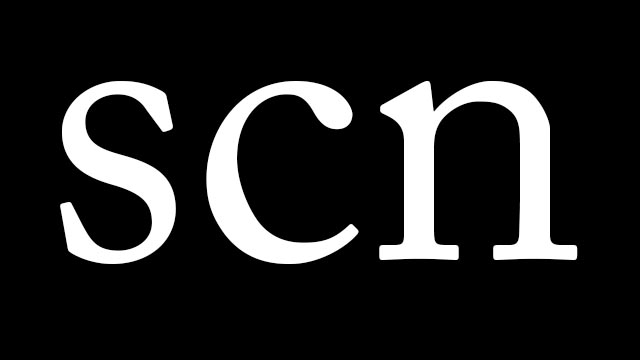A few months ago, I had the opportunity to spend a weekend with a group of women in Upstate New York at an oasis. An oasis of intellectual thought and civil discourse, things I felt were missing from everyday life in this election year.
The oasis is called Chautauqua. It’s mission statement declares that “it is dedicated to the exploration of the best in human values and the enrichment of life through a program that explores the important religious, social and political issues of our times; stimulates provocative, thoughtful involvement of individuals and families in creative response to such issues; and promotes excellence and creativity in the appreciation, performance and teaching of the arts.”
We spent the weekend listening to lectures on the history of jazz by Wynton Marsalis, attending concerts and discussing current events. It was a thought-provoking weekend spent with a diverse group of people.
When I returned home, I realized that Chautauqua was a kind of model community that the rest of America could learn from. Former U.S. President Theodore Roosevelt was quoted as saying that Chautauqua is “the most American thing in America.”
It promotes the “obligations of a citizen in a democracy to be engaged with the important issues of our time, to be practiced in discussing those issues across partisan boundaries and to understand individual self-interest in balance with the common good.”
With the election behind us I believe, more than ever, it is the responsibility of the citizenry to be engaged and involved in society, to be respectful of diverse opinions and to be tolerant of differences. This is what makes America great.
I am a Canadian living in America. I have watched with great interest the workings of this massive democracy. I wish I could have voted in this last election. It surprises me that over 43% of eligible voters did not take advantage of the opportunity to make their voices heard.
I am not a political scientist. Rather, I’m an observer of human nature. Here are some of my observations about American politics. There is a deep divide between the right and the left. The two-party system seems to reinforce an “us vs. them” mentality.
George Washington recognized this in his last address to the nation: “The alternate domination of one faction over another, sharpened by the spirit of revenge natural to party dissension, which in different ages and countries has perpetrated the most horrid enormities, is itself a frightful despotism.”
The American political party model is in a minority worldwide. Canada, a constitutional monarchy with a parliamentary system, has multiple parties: the Conservatives on the right, the New Democrats on the left and the Liberal Party in the middle.
We also have proportional representation. In this system, the loser gets a percentage of the representation rather than no representation, which differs from the electoral college “winner takes all.”
Canada’s minority parties are influential and capable of winning elections. When a minority government is formed, the third party wields a great deal of power because the governing party must align with them to get things passed. Consensus building is valued.
The last year has been rife with negativity. People are tired, and many are frustrated. As I ponder my response to it all, I think of the words of another polarizing politician, Mahatma Gandhi: “If we could change ourselves, the tendencies in the world would also change. As a man changes his own nature, so does the attitude of the world change towards him. … We need not wait to see what others do.”
My response to the election will be to continue to try to be the change. I’ve added one item to my children’s chore chart: Do a random act of kindness. I know it shouldn’t be a chore, but I want to remind them to be thoughtful and kind on a daily basis. Acts of kindness, individual by individual, are what will keep America great.

Leave a Reply
You must be logged in to post a comment.